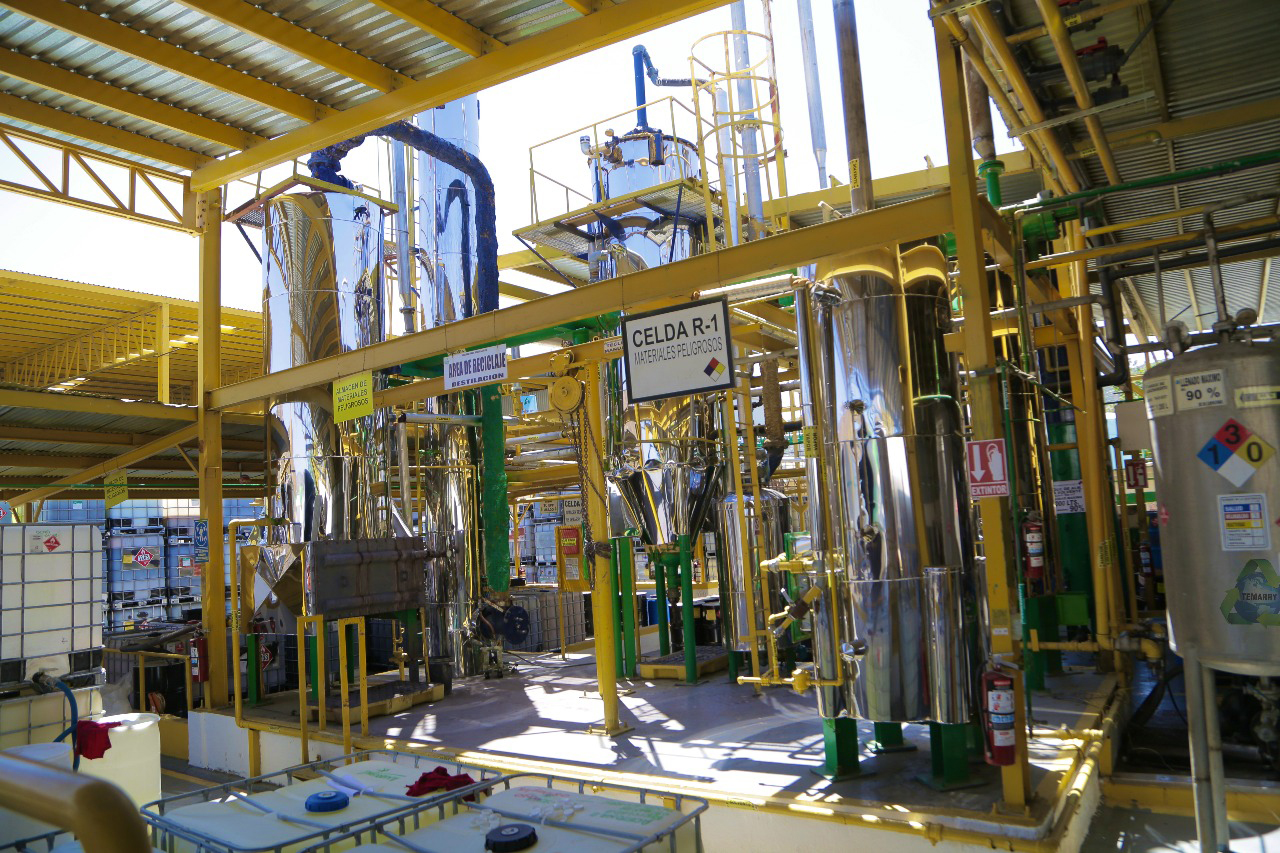The Buzz on Distillation of Solvents - OFRU Recycling

Examine This Report about Solvent Swap Distillation - Wolfram Demonstrations Project

There is an increasing variety of companies looking to end up being more ecologically accountable every day. According to a global survey by Tandberg pointed out in Environmental Leader, 53% of global customers prefer to purchase from business that have a strong environmental credibility, and 8 out of 10 employees choose to work for an environmentally ethical company "The findings plainly recommend a relationship in between a company's environmental track record and its brand name worth," said Tandberg CEO, Fredrik Halvorsen.
A solvent can be solid, liquid or gas. The molecules of the solvent work to put the solute particles apart. Ultimately, the molecules of solute ended up being equally distributed in throughout the solvent. This homogenous mix is perfectly even, and can not be separated physically. Perhaps the most common solvent in daily life is water.

Solvent distillation machines
The 5-Minute Rule for Global Solvent Distillation Units Market to Witness Booming
Solvent Distillation Recovery is based on the fact that the vapor of a boiling mixture will be richer in low boil point components such as acetones, ketones, aliphatic hydrocarbons and alcohols. When vapor is cooled and condensed, the liquid condensate becomes a valuable item that can be sold back into the commercial market location.

Solvent Recovery Bags, Distillation and Recycling Liner Bags - M&Q Packaging
This part is valuable as a fuel source for particular markets like cement kilns to recover the heat value. Solvent recycling is chosen to other disposal methods for decreasing unfavorable environmental effects. Distillation is the most common method of solvent recycling, although purification can be used to get rid of solids and non-mixable liquids.
The Facts About Solvent Distillation Systems - US Lubricants Uncovered
Many solvents can be recycled, reprocessed, and then recycled. The most frequently recycled solvents are: Fluorocarbons Methylene Chloride Perchloroethylene Trichloroethylene 1,1,1 Trichloroethane Isobutyl Alcohol Isopropyl Alcohol N-Butyl Alcohol Methanol Acetone Methyl Isobutyl Ketone Methyl Ethyl Ketone There is no benefit for the generator to store or accumulate solvents individually. Many times solvent items acquired are a blend of various solvents listed above.
If a generator has various combustible solvents used in various processes they can be kept separate or accumulated together in the same container. It makes no difference in the solvent healing procedure. How hard can it in fact be if you're only boiling off liquids? If you are considering doing your own solvent recycling, here are a couple of products to think about when making a prospective capital expense.
